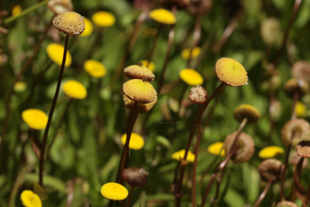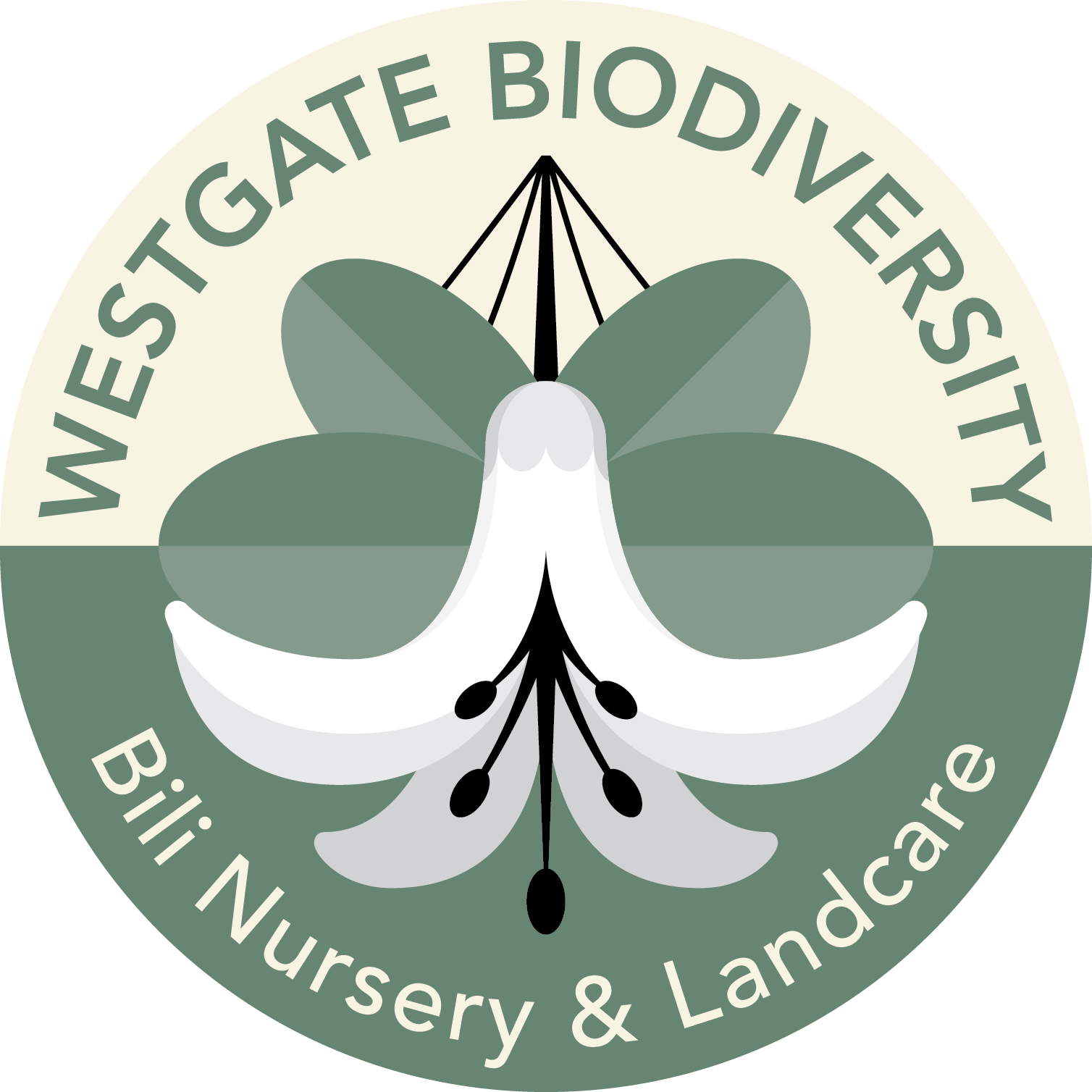Vision, mission and strategy

In September 2018 we finalised our Strategic Plan for 2018/9 to 2021/2 and settled on our vision and mission statements. We also articulated our values and what biodiversity means to us. We can say progress has been good now that we are halfway through the first year of our strategy. Here it is:
Year 1 of our Strategic Plan – Consolidate
Fully realise the amalgamation of FoWP & SKINC
Prepare a business plan | Fully integrate our operations | Realise the benefits of amalgamating and measure these | Complete the website with operational online sales | Commence delivery services | Implement a communications plan to build awareness of our ‘brand’ | Bring our members, supporters, volunteers and interested parties along with us
Achieve ACNC registration and deductible gift recipient status
New compound, community space and nursery | Develop a plan and progress the lease negotiation for the triangle site
Complete work on the Southern Wetlands and Riverland projects
Initiate a water management plan
Initiate conversations with people working in Western plains plants as preparation for future work in this area
Prepare a stakeholder map
Influence and play a role in bringing indigenous vegetation to Fishermans Bend Urban Development
Our vision
Indigenous vegetation is valued, understood for its importance to biodiversity and widely adopted
People are actively engaged with nature
The history and culture of this place is acknowledged and celebrated
Our work is admired for its effectiveness in advancing biodiversity
Our mission
To enhance and protect the natural environment of the Sandbelt Region of Melbourne using indigenous plant species
To complete the revegetation of Westgate Park and associated landscape projects and continue to care for the park
To grow and supply indigenous plants of local provenance
To inspire our members and the general community about urban biodiversity and healthy environments and to encourage them to volunteer and engage with nature
To build and share our expertise and to evaluate our work
We value
The high quality of our indigenous plants
The growth in biodiversity that results from our efforts
The knowledge we bring to our work
Behaviour that is ethical and honest in all that we do
Our record of having safe and happy workplaces
The contribution volunteers make to our organisation
The support we enjoy from people and organisations with whom we interact
The respect we earn for the quality of our work and the good relationships we develop with others
The personal growth and innovation that is fostered in our relationships with staff and volunteers
The great diversity of people who engage with us
What biodiversity means to us
Biodiversity is the sum of life on earth. For our work it means conserving and fostering the life that evolved in this place over millennia, in all its diversity and interconnectedness.
For us biodiversity starts with growing plants that are indigenous, with mulch that helps create good soil and careful planning that establishes diverse and healthy natural habitats for wildlife.
We measure our success in fostering biodiversity by the quality and provenance of plants we propagate and the seeds they produce.
We count and endeavor to identify species of fauna and fungi present at Westgate Park. We observe the food chains, the successful raising of offspring, the natural regeneration of plants, the ingenious means by which fungi disperse their spores, birds protect their eggs, spiders catch prey.
There is genius in the life cycles of insects, the symbiotic relationships, the role of predators, herbivores, the decomposers, the pollinators, the primary producers of sugars, nectar and pollen. We identify birds by their calls and frogs by their celebration of rain, marvel at the colour or the camouflage of butterflies, dragonflies, flies, bees, beetles and bugs.
We watch for the robustness that withstands droughts and caterpillars and balance that is necessary for biodiversity to be sustained.
And, finally, humans are part of biodiversity; working intelligently with nature, organising, labouring, communicating and being inspired by the profound beauty and complexity of life.
